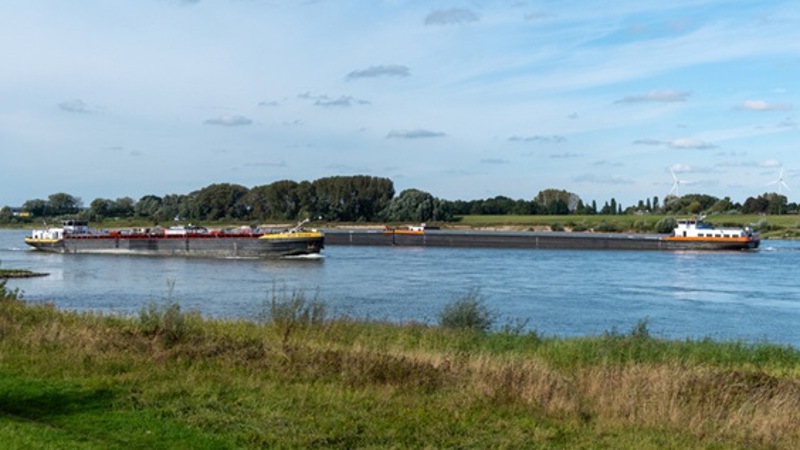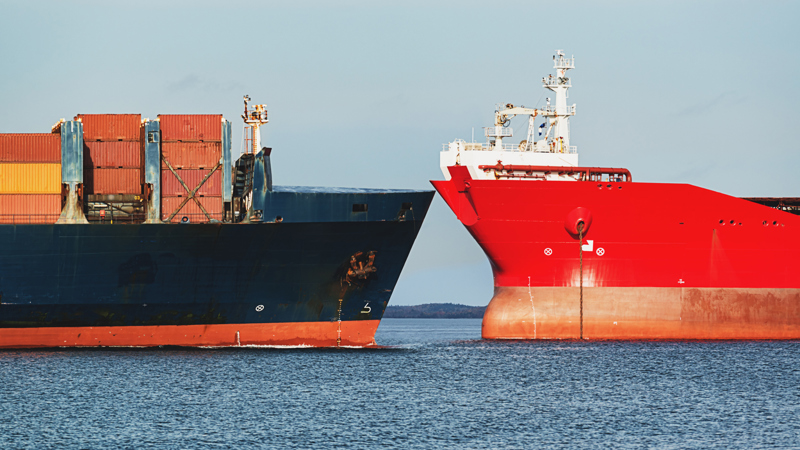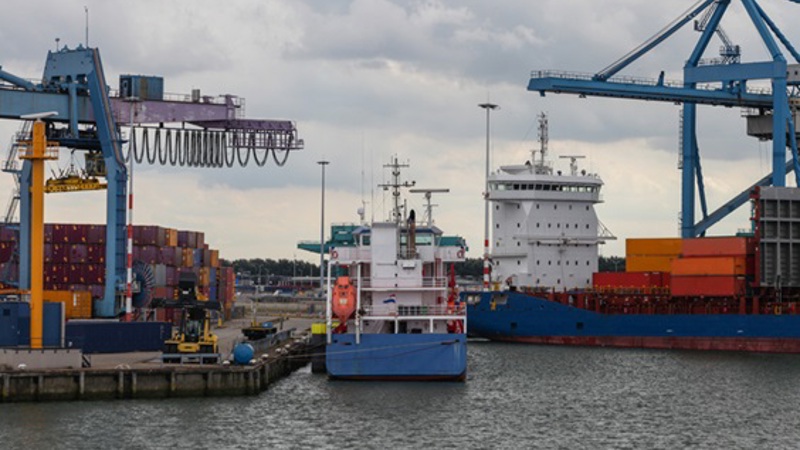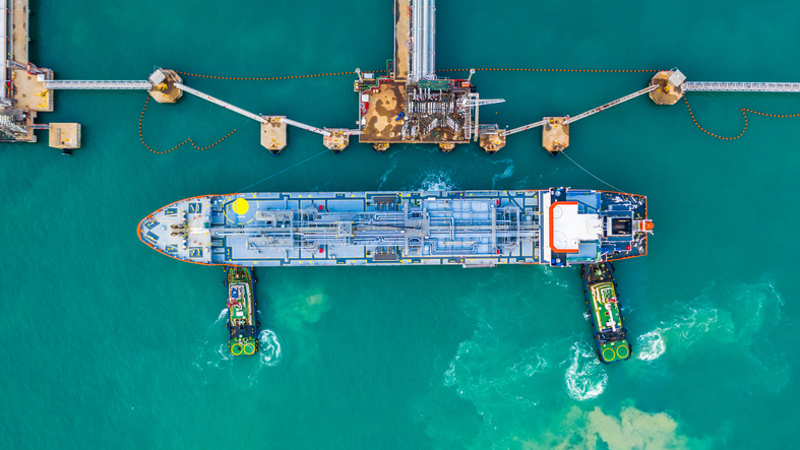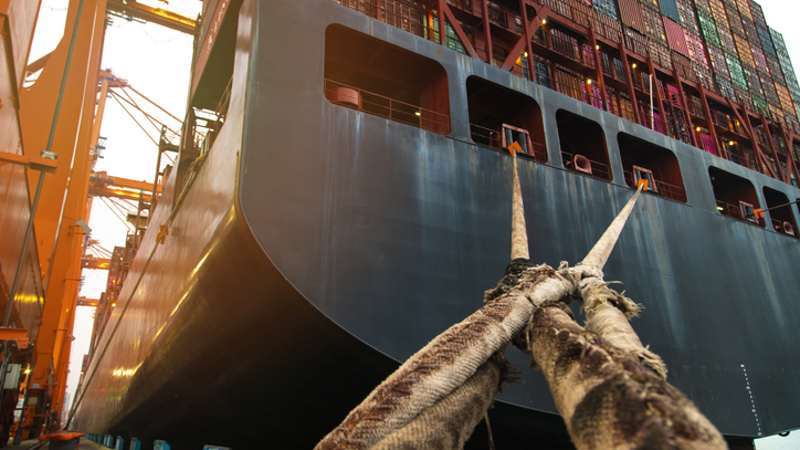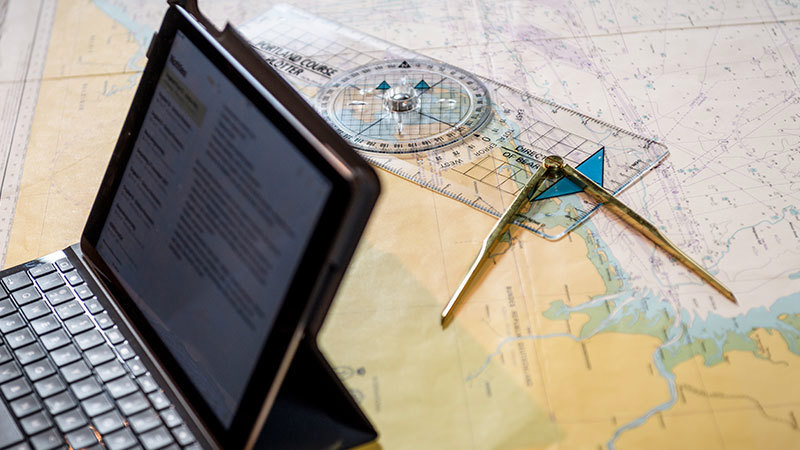The Netherlands remains a 'place of refuge' to easily limit liability
September 2020
Global limitation
Shipowners have a long-standing right to limit their liability for claims resulting from maritime casualties. This right of limitation is known as ‘global’ limitation. The Netherlands has a history of being a popular place for shipowners aiming to globally limit liability. Examples of high-profile limitation cases that have been dealt with by the Dutch courts are those concerning the foundering of the vessels “Tricolor”, the “Baltic Ace” and the “Thorco Cloud”. Despite the recent change in the Dutch perspective on global limitation for wreck removal claims,[1] the Netherlands is and remains a safe ‘place of refuge’ for shipowners to limit their liability.
The conditions to limit liability in The Netherlands are so warm and welcoming for shipowners that they have gone to great lengths to ensure that they could limit their liability in the Netherlands.
Why limit liability in The Netherlands?
Besides the Dutch courts having extensive experience with limitation of liability and the Dutch court system itself being considered one of the best in the world, there are further reasons why shipowners should consider The Netherlands when determining where to limit their liability:
1. Unbreakable limit
In The Netherlands it is virtually impossible to deprive the shipowners of their right to limit liability. Once a limitation fund is constituted in The Netherlands, shipowners do not have to much fear that they will barred from limiting their liability. Shipowners are only not entitled to limit their liability if it is proved that the loss resulted from:
a. their personal act or omission
The Court of Rotterdam has held in the “Seine”[2] and the “Delfborg”[3] that ‘personal’ refers to the conduct of shipowners’ ‘alter ego’, i.e. the conduct of their board of directors or of those whose conduct has to be considered as the conduct of the shipowners. Generally this is not the crew or master of the vessel.
b. committed with the intent to cause such loss, or recklessly and with knowledge that such would probably result.
The phrase ‘intent to cause such loss’ is self-evident; the shipowners must have a personal intention to cause the loss. In the “Arcturus” and “VW-VI”/”Coby” and “Horn”[4] the Supreme Court held that shipowners act ‘recklessly and with knowledge that such would probably result’ when they knew the risks connected with their conduct and were aware of the probability that these risks would materialize was considerably greater than the probability that they would not, but such has not deterred them from their conduct.
2. Statutory interest
As said, limitation funds in The Netherlands can be constituted by means of remittance of a cash deposit or by providing a guarantee. Constitution by means of a cash deposit has the advantage that statutory interest stops accruing over the amount of the limitation amounts. If it takes several years to distribute the limitation fund, the amount of the accrued statutory interest may be reduced significantly by paying a cash deposit.
3. Pleasure crafts
The CLNI 2012 only applies to vessels used for commercial inland shipping. The Netherlands has made use of the possibility in the CLNI 2012 to make its own arrangements in that respect. The Dutch legislator considers it desirable that owners of non-commercial inland vessels (such as pleasure yachts) may limit their liability because the risks applicable to commercial inland vessel also apply to non-commercial inland vessels. These risks are connected with the movable nature of the vessels. Other state parties to the CLNI 2012 have not made such arrangements and in these countries shipowners of non-commercial inland vessels are not entitled to limit their liability.
‘Legal proceedings’ in the eyes of the Dutch Supreme Court
To limit liability in The Netherlands shipowners must constitute one or more ‘limitation funds’ by either remittance of a cash deposit or by providing a guarantee from a reputable underwriter, P&I Club or bank. Such ‘limitation funds’ can only be constituted in The Netherlands if ‘legal proceedings’ are instituted against the shipowners in The Netherlands (both LLMC 1996 and CLNI 2012) or if legal proceedings may be instituted in the Netherlands for claims subject to limitation (CLNI 2012 only).
The Dutch Supreme Court has held in the “Sherbro”[5] that the term ‘legal proceedings’ should be interpreted broadly and includes general legal proceedings, arbitral proceedings and other provisional and protective measures such as vessel arrests and provision witness hearings. The District Courts and the Courts of Appeal did not impose any further requirements on the character of the ‘legal proceedings’, e.g. whether liability of the shipowner is disputed or that the person commencing the ‘legal proceedings’ is not an affiliated company of the shipowner.
Several cases have shown that shipowners can easily find a ‘friend’ to commence such ‘legal proceedings’ against them in The Netherlands. For example, in the “Jork Ranger”[6] the shipowner found its ‘friend’ in the vessel’s charterer, who also happened to be an affiliated company of the shipowner and who was insured by the same insurers. Shipowners of colliding vessels can also befriend each other. This happened in the “Odessa Star”, where the owners of the vessels involved in a collision agreed that all their disputes regarding their collision off the Turkish coast would be dealt with before the District Court of Rotterdam.[7] Despite fierce resistance of the creditors of the shipowners involved against these apparent set-ups, the Court of Appeal did not see any reason to bar shipowners to limit their liability in The Netherlands.
On 29 May 2020 the Dutch Supreme Court dealt with a similar set-up in the case “Thorco Cloud”/”Stolt Commitment”.[8] Briefly summarized, the Supreme Court sanctioned the reasoning of the lower courts in all the previous cases. The “Thorco Cloud” and the “Stolt Commitment” collided on the high seas near Indonesia on 16 December 2015. The “Thorco Cloud” sank as result of this collision. The owners of the “Stolt Commitment” commenced arbitral proceedings against the vessel’s bareboat charterer in The Netherlands. Again, both owner and charterer were affiliated companies and had the same underwriters. With ‘legal proceedings’ pending against her in The Netherlands, charterer submitted a request to limit its liability in The Netherlands. Creditors contested this set-up, but to no avail. With a judgment confirming his earlier views on the broad interpretation of the term ‘legal proceedings’, the Dutch Supreme Court held that such a ‘friendly’ action shall not bar shipowners from limiting liability in The Netherlands.
Should the need arise to limit liability, one ‘friend’ is enough to allow shipowners to benefit from all what The Netherlands has to offer in respect of limitation of liability for shipowners.
Should you have any further questions concerning the limitation of liability of sea-going vessels or inland vessels, please do not hesitate to contact Olivier Böhmer or Nol van Hal.
* * *
[1] See: ‘Does limitation of claims for costs in respect of refloating operations require a wreck removal fund?’, June 2018; ‘Beperking van aansprakelijkheid voor ‘wrakopruimingskosten’ lijdt schipbreuk’, November 2019.
[2] District Court of Rotterdam 5 December 2018, S&S 2019/27 (“Seine”).
[3] District Court of Rotterdam 12 December 2018, ECLI:NL:RBROT:2018:10933 (“Delfborg”).
[4] Dutch Supreme Court 22 June 2018, S&S 2019/48 (“Arcturus” and “VW-VI”/”Coby” and “Horn”).
[5] Dutch Supreme Court 20 December 1996, S&S 1997/38 (“Sherbro”).
[6] District Court of Rotterdam 17 November 2010, S&S 2011/30 (“Jork Ranger”).
[7] Court of Appeal The Hague 20 December 2016, S&S 2017/38 (“Odessa Star”).
[8] Dutch Supreme Court 29 May 2020, NJ 2020/280 (“Thorco Cloud”/”Stolt Commitment”).


